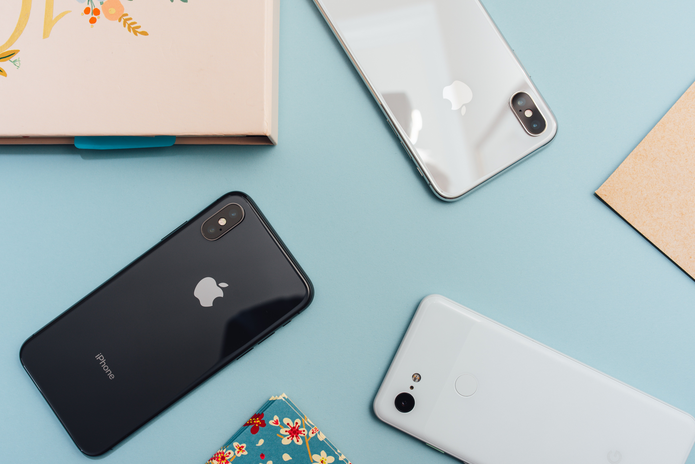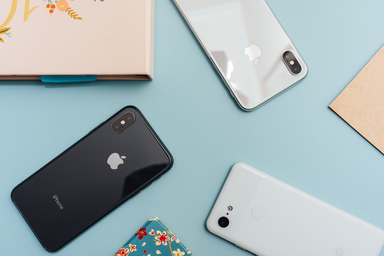It’s not breaking news or remotely ground-breaking to suggest that social media is everywhere. We talk and text through group chats and apps, we passively share our opinion through a thumbs up or angry react and tag each other in memes.
While this is all well and good – how often do we ask ourselves the question; am I spending too much time online? When must there be a time that we should take a step back from our online lives?
A social media ‘detox’ is a phrase that has been circulating around online as of late. Take for instance Casey Neistat, a Youtuber with over 11 million subscribers. He recently opened up about his plans to completely strip back his social media as he felt, in his words, that he was addicted to it.
When we think about it long enough, we scroll through social media not necessarily looking for any particular type of content – but rather we are drawn to the anticipation of “what could be.”
It could be said that there a few things at play when we are caught up in a constant, instantaneous online buzz.
The first is that apps such as Instagram put us in what can be called a comparison mode. We are also hooked to feedback and attention. For every like or comment we receive, our brain sees this as a dopamine hit and after some time, we just want more and more of it. With this, we see our phone as a form of company and we use it as a time killer. On average, an individual can spend up to a day a week on their smartphones – that is a whole 24 hours.
I myself have had to take a step back from social media, especially around exam time or when I generally had a considerable workload to attend to. During this time, I said to family and close friends that I would be mainly offline, but if they really needed to reach me, they could call or send an SMS message (yes they do still exist!)
I have found that at times, the constant ding ding ding from group chats or college emails made me very uptight and on edge. There is some science behind this. Every time that your smartphone alerts you, it essentially changes the chemistry inside of your head. It triggers high levels of cortisol (the ‘stress hormone’) – this can lead to you feeling anxious, an increased heart rate and tense muscles.
Sleep is another big factor to consider when thinking about whittling down screen time. Our digital screens emit a type of blue light and our brains interpret this as daylight and melatonin – which we need to help us wind down before we get some shut eye. Essentially, if you’re scrolling through Twitter at 2am, your brain will get confused and think the sun is out and tah-dah, you find it hard to sleep.
These are just some reasons to consider cutting back on social media, or detoxing altogether. The fear of missing out will inevitably supersede the extra time you’ll have, increased productivity and more importantly – better sleep.



